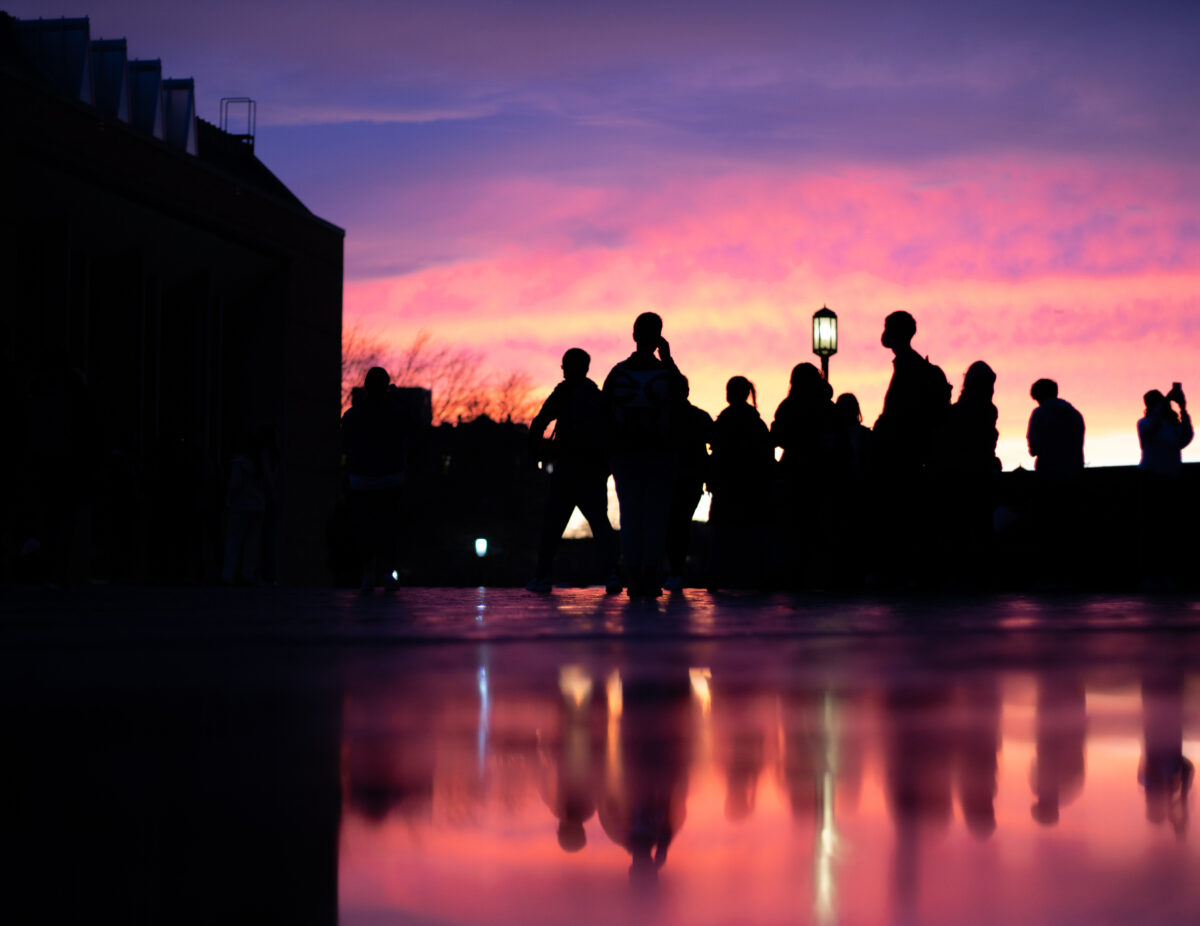Honoring Place in the Built Environment
The University of Washington and College of Built Environments acknowledge the Coast Salish peoples of this land, and the land that touches the shared waters of all tribes and bands within the Suquamish, Tulalip, and Muckleshoot nations. We pledge to collaborate with local indigenous communities to co-create more equitable and sustainable built environments.
Diversity Council
Bias Incident Resources
Our EDI Efforts
EDI Resources

Our EDI approach
At CBE, we’re dedicating ourselves as a community to engaging in active anti-racist and anti-oppressive practices and imagining the future of built environments with more equity and joy. Our strength lies in the diversity of our programs and the breadth of perspectives that our students, faculty, and staff bring to our work.
It’s imperative that CBE acknowledges the role that our disciplines and practices have played in constructing and upholding racial and other inequities in the built environment. We dedicate ourselves to transforming these oppressive approaches and advancing diversity, equity, and inclusion as a community.
As a college, we seek to:
- Embody values of equity and inclusion in college culture internally and externally.
- Establish teaching and curriculum guidelines to support multiple and diverse topics in all CBE courses, and center the voices of historically underrepresented communities.
- Consider equity and justice in defining research approaches, processes, and outcomes.
- Cultivate an inclusive college culture that reflects the racial diversity of the state and the nation.
CBE launched a college-wide initiative on equity, diversity, and inclusion (EDI) that specifically fosters intercultural competency across the college. Intercultural competency is the ability to effectively understand and adapt to differences, and has been proven to be one of the most effective ways to achieve EDI goals. CBE, along with other higher education institutions, has adopted this method in partnership with the UW Office of Minority Affairs & Diversity and Undergraduate Academic Affairs.
Diversity council
The College Diversity Council is composed of faculty, staff, and students from all five departments in our college.
Feel free to contact the Diversity Council at CBE_DC@uw.edu or CBE_DCchairs@uw.edu to reach the chair.